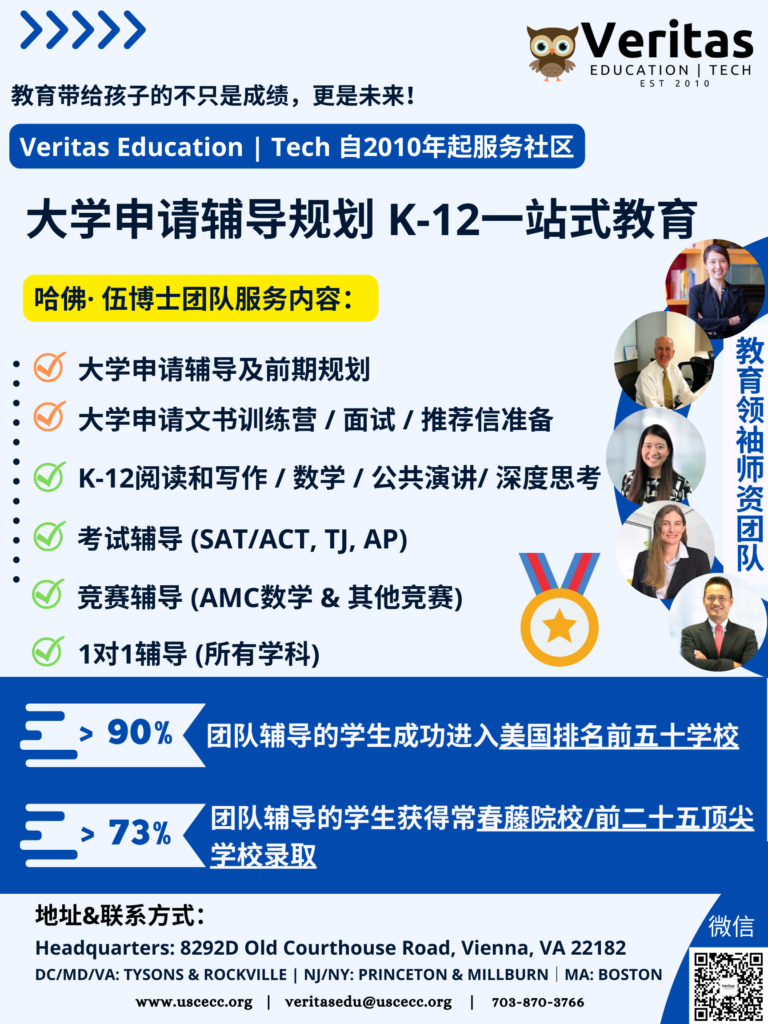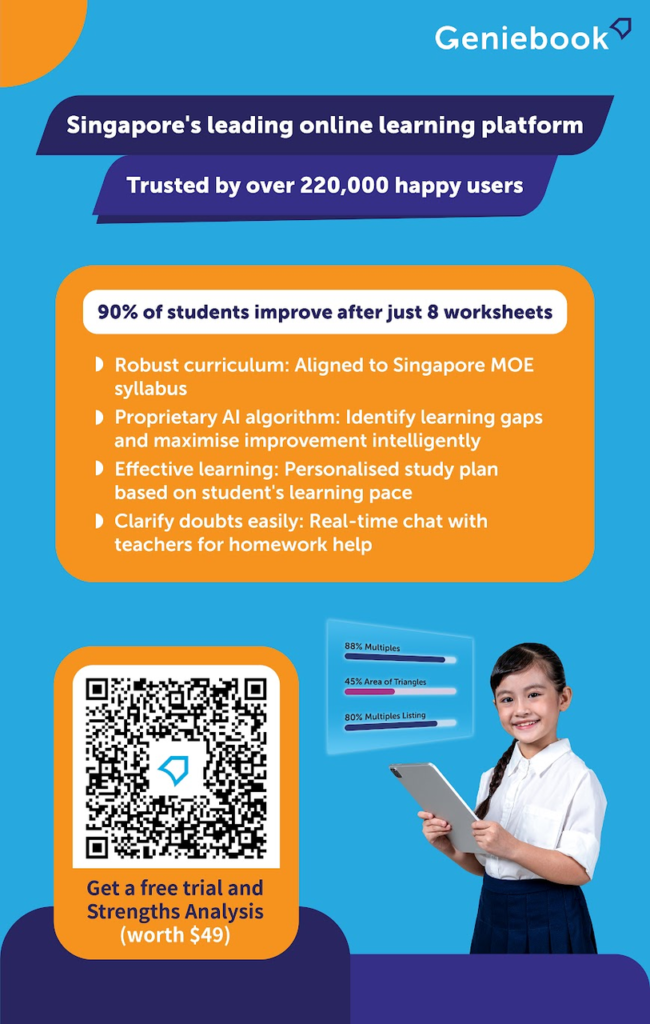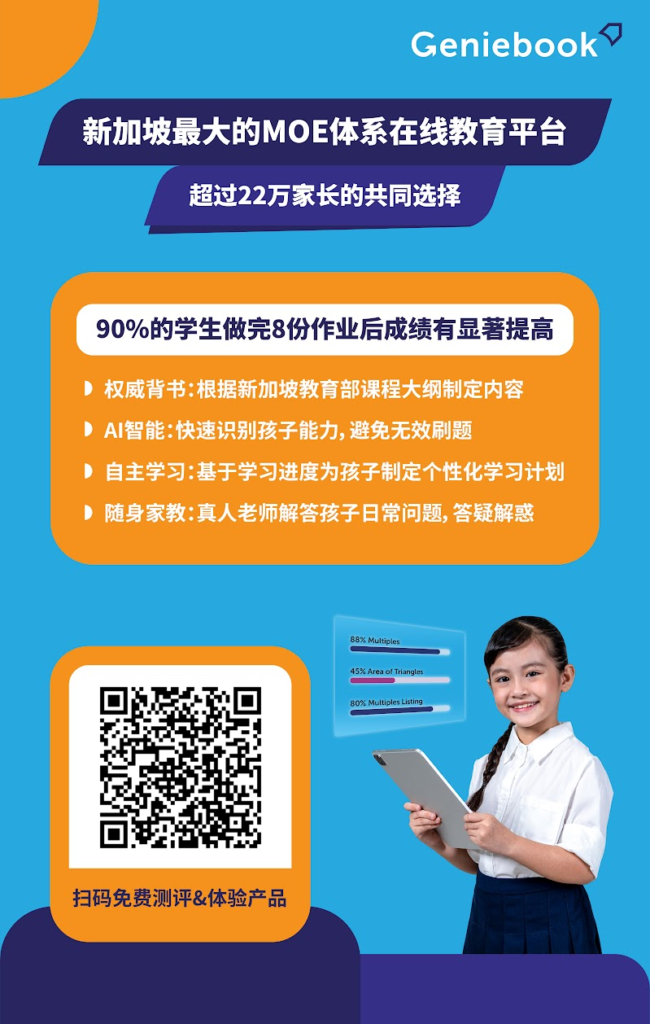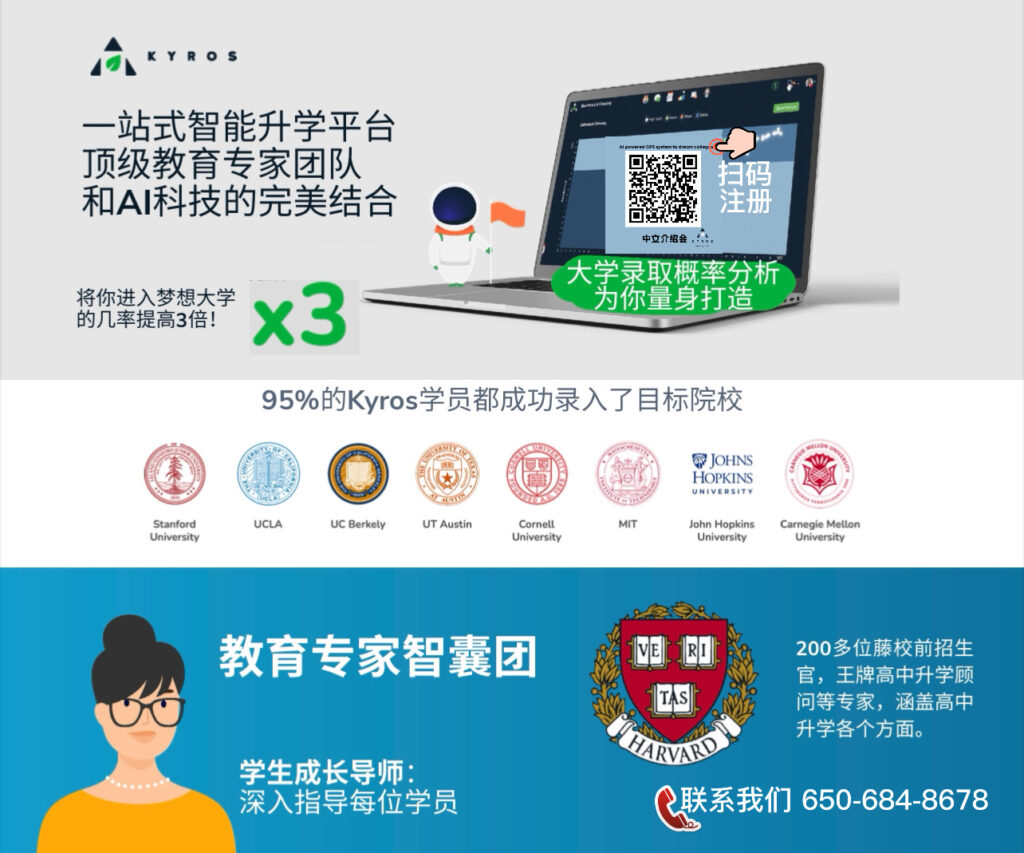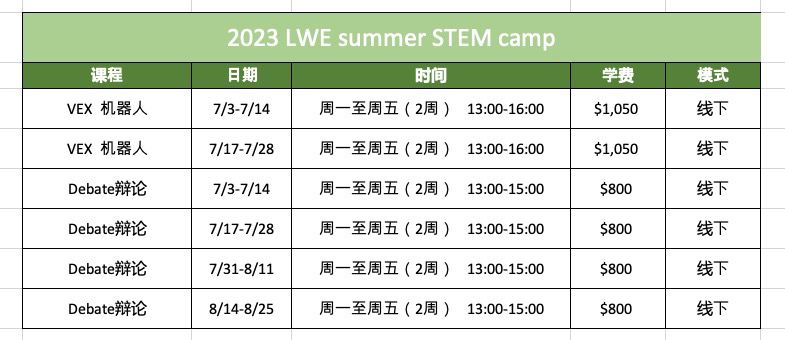
移民专页/走线来美→结婚→办绿卡?
世界新闻网
7/02/2023

读者问:
我是一名绿卡持有人,在中国谈了一个男朋友。他想尽快结婚,把他办到美国来。这几天,我们都在讨论如何尽快地住在一起。昨天,他听说现在走线(偷渡)很流行,想走线来美国,然后结婚。请问,他走线过来后,是否能够与我结婚,然后申请绿卡?
答:
1、美国移民法第212(a)条款,规定了禁止移民的情形。其中就包括如果入境时没有经过检查或假释,不可以在美国国内调整身分。因此,你男朋友如果非法进入美国,即使和你结婚,也不可以申请绿卡;
2、不光如此, 如果他被移民局发现后,将会被置于递解出境程序,被判递解出境。
3、而且,他入境没有经过检查,在美国停留的时间,都属于非法居留;如果他在美国非法居留超过6个月但少于1年,离境后3年不许再进入美国;如果他在美国非法居留超过1年,离境后10年不许再进入美国;
4、因此,一定要循合法正常的渠道申请他移民,即结婚后你在美国递交I-130申请,I-130批准后转到签证中心,排期排到后通过领事馆面谈后持移民签证入境,否则会有严重的后果。

走线生活落差大 后悔想回家?中领馆这么说…
世界新闻网
6/16/2023

中国走线客在美国边境被逮捕。(取材自CBP推特)
近期中国社交媒体掀起了一股走线客舆论潮,越来越多的走线人来到洛杉矶,期盼着美好的生活开始,而现实却是大批人滞留在蒙市的丁胖子广场,苦苦寻求工作机会,梦想还没有开始就结束了。
正值走线人现象与媒体大篇幅报导之际,中国驻洛杉矶总领馆6月9日发布公告:近期,有中国公民通过非正常途径入境美国,遗失个人护照。其中不少人因无有效身份证件、无在美合法身份、无经济收入,在当地生活困难,或来美后实际情况远低预期,迫于无奈选择回国,向总领馆申办护照、旅行证。

中国走线客在美国边境被逮捕。(取材自CBP推特)
驻洛杉矶总领馆提醒领区中国公民:一、持有效中国护照、美国签证通过合法途径来美,确保来美目的与所持签证种类一致,避免发生入境受阻等问题。二、中华人民共和国护照是中国公民出入国境和在国外证明国籍与身份的证件,应注意妥善保管。如护照遗失,应及时报警,并向总领馆申请补发。三、中华人民共和国旅行证是代替护照使用的国际旅行证件。临时来美的中国公民,若护照遗失、被盗抢、损毁、过期但又急于回国,可申请办理旅行证。四、请注意留存护照、旅行证复印件,以备不时之需。护照、旅行证办理须知请详见总领馆网站护照旅行证专栏:http://losangeles.china-consulate.gov.cn/lszj/hzlxz/。
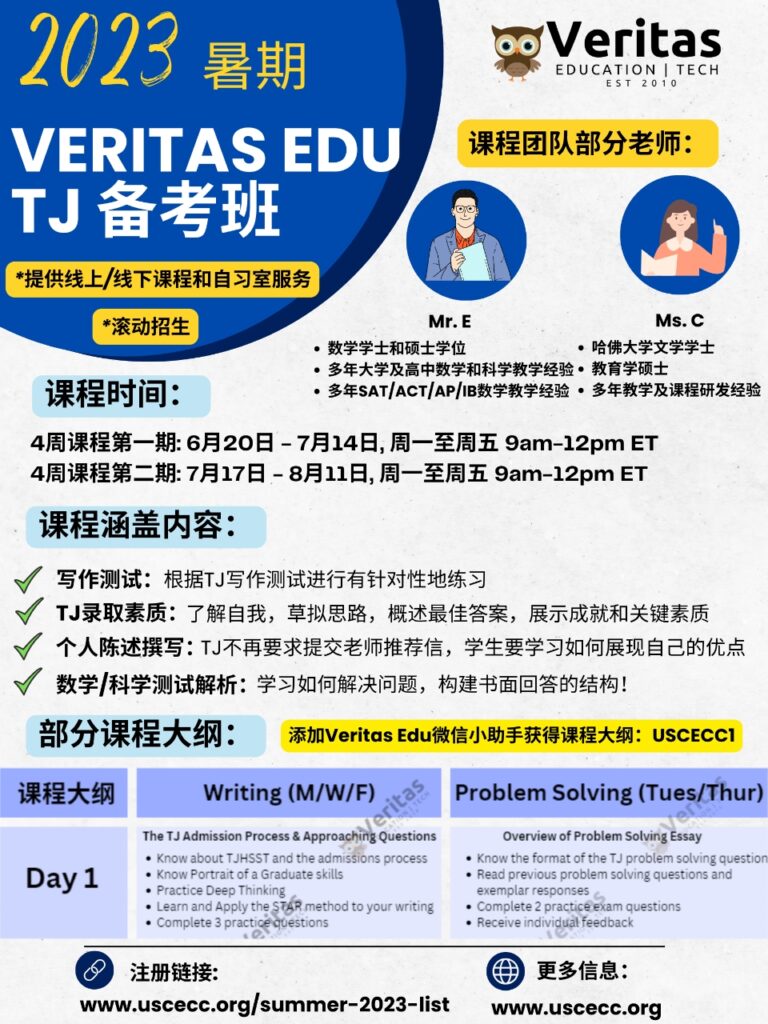
本报记者从丁胖子广场连江职业介绍所的陈老板了解到,目前确实有些人想回国,如果他们持有中国护照,只要买机票就能回国。但如果没有护照,则需要向大使馆申请补发护照或旅行证。
律师许俊良表示,通常来讲目的会决定一切,如果这些无证客是为了寻求庇护,无论成不成功,理念上已经背离了中国,中国就有理由拒绝这一申请,哪怕能成功回去,多半也不会允许他们再出来。一般来说,只要有材料能证明他们是中国公民,哪怕他们是偷渡过来的,中美双方都不会阻拦他们回中国。而针对补办事宜,旅行证一般都是给临时旅游或者短期使用,一般只会给真正需要紧急处理的人补办(比如护照被偷或者丢失)。走线客想回国,拿到护照的可能性较小,一般给补办旅行证就足够。

中国驻洛杉矶总领馆6月9日发布关于通过非正常途径来美的中国公民补办护照的告示。(中国驻洛杉矶总领馆官方微信公众号截屏)
网红「走线」抵墨将进难民营 蛇头沿途放哨、教藏钱
中国新闻组
6/06/2023

天哥走线有时搭乘巴士,有时爬山涉水,还需要穿越热带雨林。(视频截屏)
河南网红陈少天(人称国骂哥、天哥)近期从土耳其启程,「走线」前往美国,他一路发布跋山涉水的「走线」视频引起关注。本周一他成功抵达墨西哥,之后他将进入难民营,稍后提出政治庇护。进入墨西哥前,天哥遇到警察强制要钱,蛇头还教他们如何藏钱,以应付黑警。
据媒体报导,天哥5月17日从土耳其伊斯坦堡抵达厄瓜多尔尔的首都基多,开始了漫长的「走线」,三天后他抵达哥伦比亚麦德林,28日抵达巴拿马,一天后抵达哥斯达黎加,6月1日进入尼加拉瓜,次日到达洪都拉斯,3日到危地马拉,4日进入墨西哥。
天哥一行七、八个来自中国的偷渡客被「蛇头」安排在墨西哥有一养猪场的休息站。他说,还有其它国家的难民:「下完车就把我安排在这里。这里应该是养猪的地方,这边的大门关起来了。这个讲葡萄牙语的人带了三个小孩,很辛苦。」天哥准备去难民接待站。
报导指出,走线的过程中,蛇头一路上会安排行程和交通工具,有摩托车开路充当「瞭望哨」,躲避警察盘查,后面有收尾的。「你在哪里上车,哪里下车,都有蛇头在那里等你,每一路段有专人(蛇头)负责,下一段就另外人负责,到交接口就有蛇头等着你,给你安排酒店。」
天哥说,在进入墨西哥之前的两天,躲避(警察盘查)比较多。因为进入墨西哥前,有警察上车搜查两次,都没怎么强制要钱,「他先看你的护照,看完后就向你伸手,向你比划要钱。我NO、NO摇头,他就问下一个人要钱。」
天哥也遇上警察把他们车上的人叫下车,逐一要钱:「把你带到车后背影的地方,连蒙带吓的直接拉开你的包、掏钱。我给了20(美金)。」
天哥解释,如果从离开中国第一站作为起始点,专人护送收费20至30万元人民币,称为「大包」,如果偷渡者自己找酒店,自费食宿,则称为「小包」。他选择了「小包」。
天哥还说,每一个国家的「蛇头」都会给偷渡客拍摄一张合影,发给下一站接应的人,以防止不付钱的偷渡客混在其中。「蛇头用微信联系,他们不会多收费,也不会骗你,唯一在路上遇到黑警,谁也控制不了」。天哥说,蛇头教他们把钱藏在大巴下面的箱子里,黑警上来要钱就说没有。

河南网红天哥从土耳其启程,经过两周走线抵达墨西哥。(视频截屏)

年薪20万辞职”走线”来美成苦力 7个月后毅然回国
戏说移民
5/29/2023
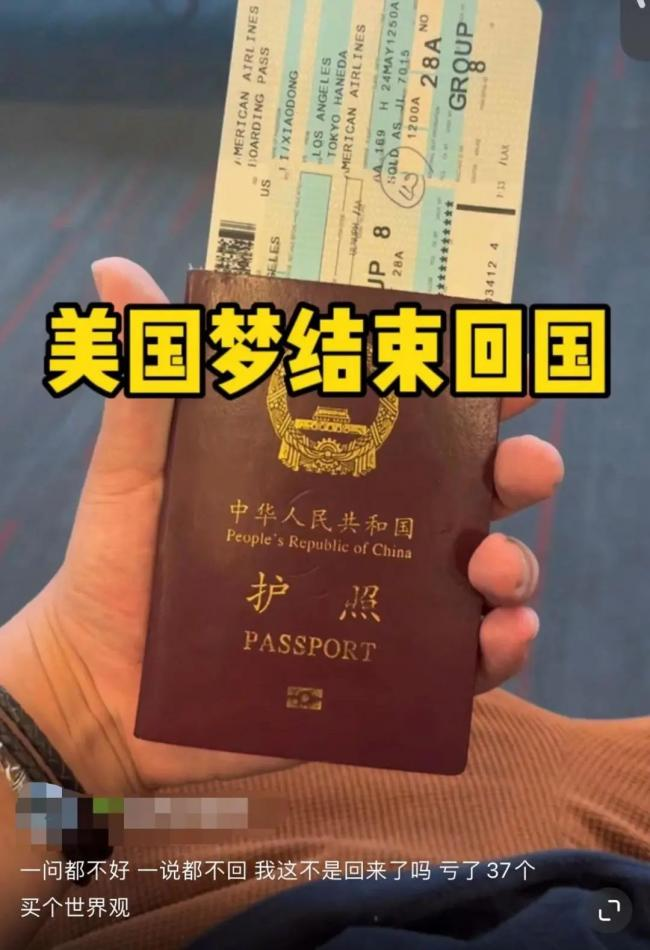

一名年薪20万元的电商总监,去年年底辞职通过“走线”的方式来到美国,整整7个月了仍然无法适应,最近买机票回国了。
据自媒体《戏说移民》近日发文,这是网友“皮皮虾”的真实经历,他在社交平台记录了自己从办签证被拒到最终离开美国的全过程,并表示花了37万元买了个世界观。那么他到底经历了什么呢?
翻看他的社交平台记录,从中可以发现,“皮皮虾”在中国已经实现了中产阶级。去年8月15日他发帖说,在中国有一套房,两辆车,年薪20万元左右。美国的朋友说去美国打工赚得多,没有内卷,因此他心动了。
然而,当他去美国驻北京的大使馆办理旅游签证的时候,被拒了。
但是这也阻挡不了他一心赴美的决心,8月20日,他发帖说自己辞职了,赴美感受水深火热的心无法阻挡。
但是这也阻挡不了他一心赴美的决心,8月20日,他发帖说自己辞职了,赴美感受水深火热的心无法阻挡。
待到10月19日到时候,他发帖的IP显示,他已经抵达洛杉矶。
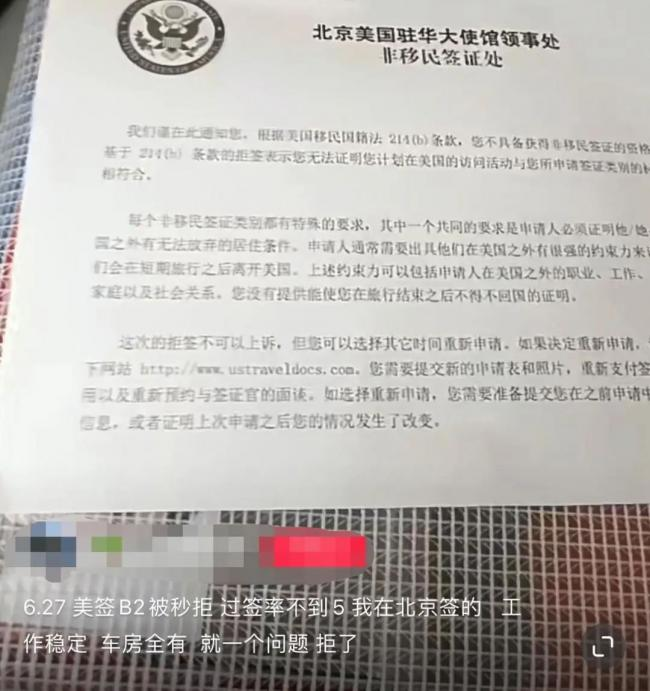
硅谷 101 — 有趣的前沿科技深度视频
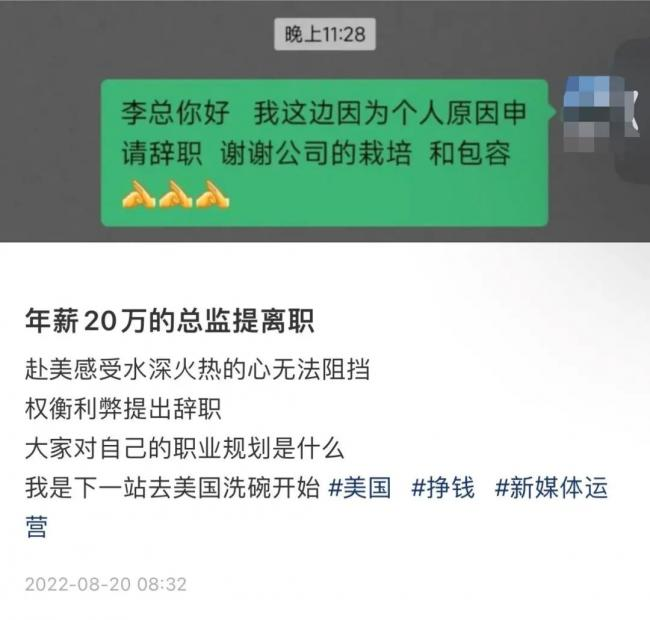
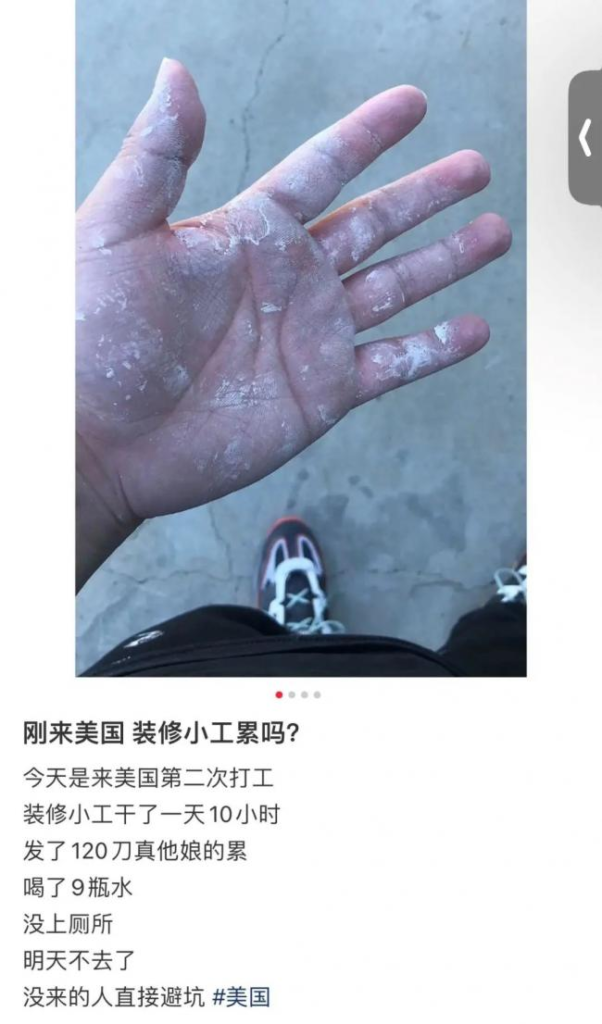
10月21日,他发帖说在美国当装修小工,一天干了10个小时,发了120美金,喝了9瓶水,第二天不去了。

来到美国第一个月,换了三份工作的感受是——很累,很累,很累。

来到美国第一个月总结:住宿花了2000美金,换了三份工作做了6天,赚了720美金,还提交了工卡申请。

来美国两个月的感受:美国并不是遍地都是钱,国内中产过来落差极大。但还是抱着希望,并且准备去考驾照和自学英语。

来美国打工第三个月,开始与以前的工作对比,国内可以赚20000元一个月,需要各种脑力分析,美国3000美元一个月,但是天天搬箱子,买个指甲刀都觉得贵。


在美国第四个月,开始感受到绝望,不会英语和没有工卡非常累,离开华人区连吃饭都费劲。

来美国第五个月的感受——想回家了。钱难赚、物价高、租房成本贵。

来美国第7个月的感受,美国梦结束,准备回国。

就像来的时候义无反顾一样,走的时候也异常坚决,说走就走。他说自己亏了37万,买了个世界观。

其实他在美国也有花了点时候,比如三天挣了522美金。
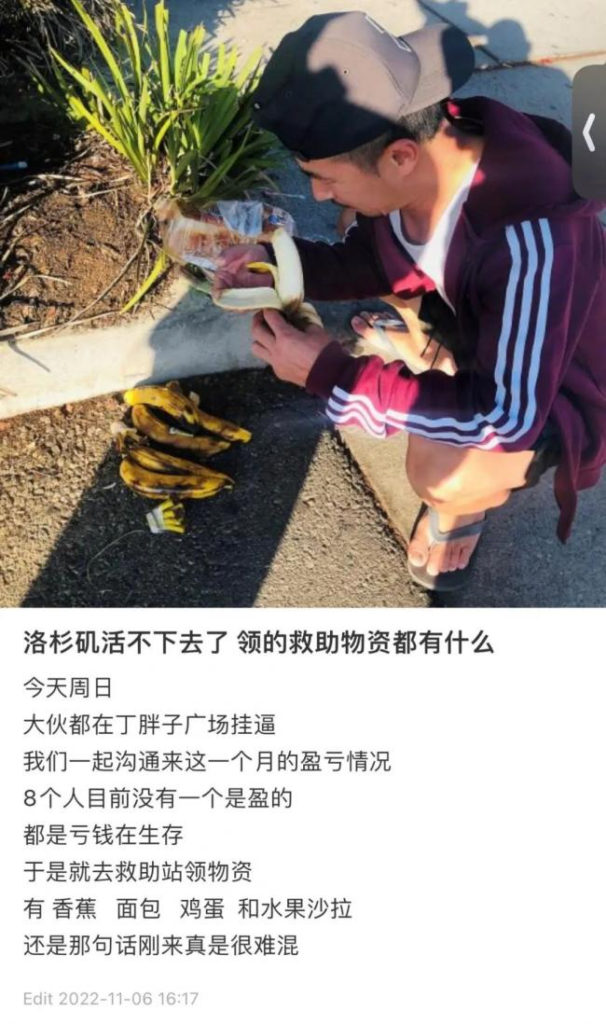
比如没有去打工就去救助站领物资。

中间也考了驾照,买了辆二手车送外卖,但由于是租来的账号,因此赚的一部分钱还要和账号的主人分账,因此一个月下来所挣的钱也不多。

他也开始去读书,学语言,希望能够快点转换身份。

但最终败给了现实。

在中国,年薪20万元是一个收入很不错的职业了,闲暇时候去按摩院做按摩,但是到了美国自己给别人做按摩。这一切真的值得吗?
其实,关于新移民到美国后的生活,我们曾说过合法移民,是拿移民签证进入美国的,一般第二个月就能收到绿卡。
但是对于走线进入美国的人来说,绿卡恐怕遥遥无期,甚至工卡都需要一年才能收到,经历更加曲折。
硅谷 101 — 有趣的前沿科技深度视频
须先在线申请庇护 无证客命运不一 谁能入境美国?
世界新闻网
5/13/2023

11日过后,前总统川普依1944年公共卫生法颁布的防疫遣返令失效,拜登政府实施的新规定指出,移民申请庇护者,若未先在在线申请,也未在自己行经国家申请庇护,则一律遣返;联邦政府表示,若先在线申请,拉丁美洲几个国家人民搭机、有金主或有家人在美者,每月有13万人可以申请庇护。
未在线申请将遣返、审查也费时
美联社12日报导,依美国及国际法,任何人来到美、墨边界都可申请庇护。接下来进行查核,判定他们在母国有遭迫害之虞是否属实。移民申请庇护案件接下来移送移民法院系统,以决定他们可否留在美国,但审理过程经常耗时数年;移民通常得进入美国等候判决。

有金主、有家人在美 可争取名额

联邦政府表示,委内瑞拉、海地、尼加拉瓜及古巴四国民众只要搭机、有金主、先在线申请,每月得接受达3万人;另危地马拉、萨尔瓦多及洪都拉斯三国民众,先在线申请又有家人在美,准许达10万人。不符规定者,边界官员将予以遣返,包括委内瑞拉、海地、尼加拉瓜、古巴每月的3万人,将由陆路遣返到墨西哥。
其他移民如果通过CBP One应用程序申请,也容许入境;目前凡使用该App者得入境者为740人,逐渐增加到每日1000人。

举家非法入境 家长要戴电子脚镣
举家非法越界入美者,要接受宵禁,家长必须戴上电子脚镣监视器。移民官员30天内将判定一户人家能否留在美国还是该递解出境;这项流程过去通常要花费数年。
不具名官员表示,拜登政府本考虑,除非移民家庭通过最初的庇护检查,否则将被拘禁,但后来选择改采宵禁,由夜里11时到隔晨5时。没现身接受检查约谈的移民全家,移民单位将挑出来递解出境。
人满为患 边界开始放人 60天报到
边界巡逻站本想暂时收容移民,但目前移民数量太大,已无力收留,一些巡逻站人满为患;因此边界巡逻员开始把移民放入美国,但规定他们60天内要来移民官署报到,不然就面临递解。
干员们也接获通知,任何设施收容量达125%,或平均拘留时间超过60小时,都开始放人;另外,若整个边界抓到单日7000移民,移送拘留,就开始放人。

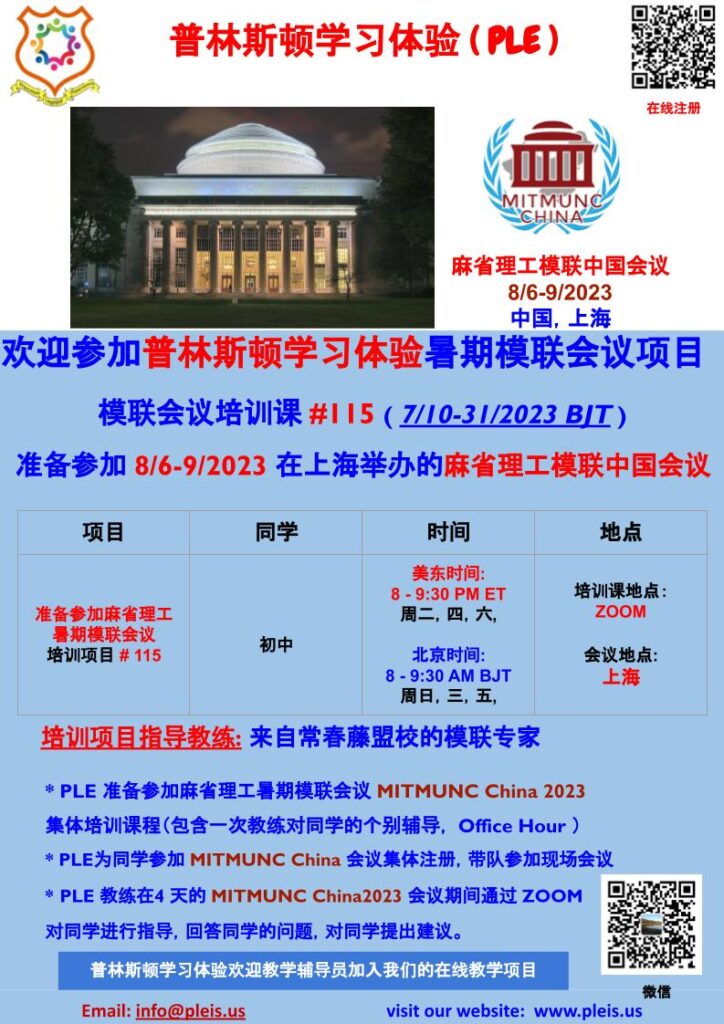
无证者达阵 技术移民心难平
世界新闻网
5/07/2023

寻求庇护的难民从南部边境涌入大量美国并非新闻,不过在从去年开始的最新一轮难民潮中,来自中国的边境客比上一年度暴增了近十倍。
「润」的汉语拼音写法与英文的逃跑「Run」相同,因而在中国审查严苛的网络中,「润」就逐渐被用作了指代「逃离中国」的说法。
近几年中国的经济凋敝、失业遽增和政治环境的日益高压是导致「走线润美」人数暴增的主要原因。四川人王爱军疫情三年在东欧某国的中资项目建筑工地打工,在没有防火墙的网络上看到中国国内的真实情况后,便决定不回去,直接飞到厄瓜多尔去「走线」闯美国。
「珠三角的工厂倒闭了那么多,时薪降到7块钱(人民币),回去让我怎么活?」重庆人陈俊荣和武汉人李文山都是为了给孩子创造一个更好的生长环境而拖家带口「走线」来到美国,陈俊荣说,像他一样在中国工厂里上班的年轻人,很多其实都很希望去外面闯闯,而不是留在厂里看不见希望地卖命。
王爱军在难民拘留所内看到,同监的中国人中,有因市场不景气而找不到工作的健身教练,还有失业的培训教师和游戏工程师,这两个行业正是近年在中国被反复无常政策打击最严重的。

有趣的是,不只一名受访者都提到,启蒙他们「润」的,是抖音从去年开始大量推送的「走线」者拍摄的短影音内容。原本为阻止中国民众受到自由启蒙而建设的「网络防火墙」,竟然出了如此大的一个漏洞,令很多原本不知出逃门路的中国人有了新发现。
「走线润美」的成本并不高昂。陈俊荣和李文山的全家花费都在20万元人民币(不到3万美元)左右,由于带着孩子,所以他们的行程还会为了舒适而成本更高些。「走线」者估算,一个较能吃苦的单身年轻人也许4至5万人民币(约7000美元)就能走下来。这个数字对于不少有能力出国的中国家庭来说并非遥不可及。
开始「润美」的不只有「走线阶层」。从事艺术工作的王维去年秋天成功申请到了为杰出人才而设的美国EB1绿卡资格,但递件成功后,律师告诉他,这个此前已很长时间名额都未用满的类别,从2022年开始也要排期了,他需要再等半年。据报导,2022年上海封城结束后,上海的二手房出售量和与移民有关的网络搜索量都有显著增加。根据2023年3月的数字,中国出生者申请EB1绿卡的排期已经超过了一年。
通常,「走线」者在进入美国后都能很快获得合法居留和工作身分。代理大量「走线」案件的律师陈闯创表示,无证者成功入境后,一般会选择等待海关及边境保护局(CBP)的执法人员、主动被捕。
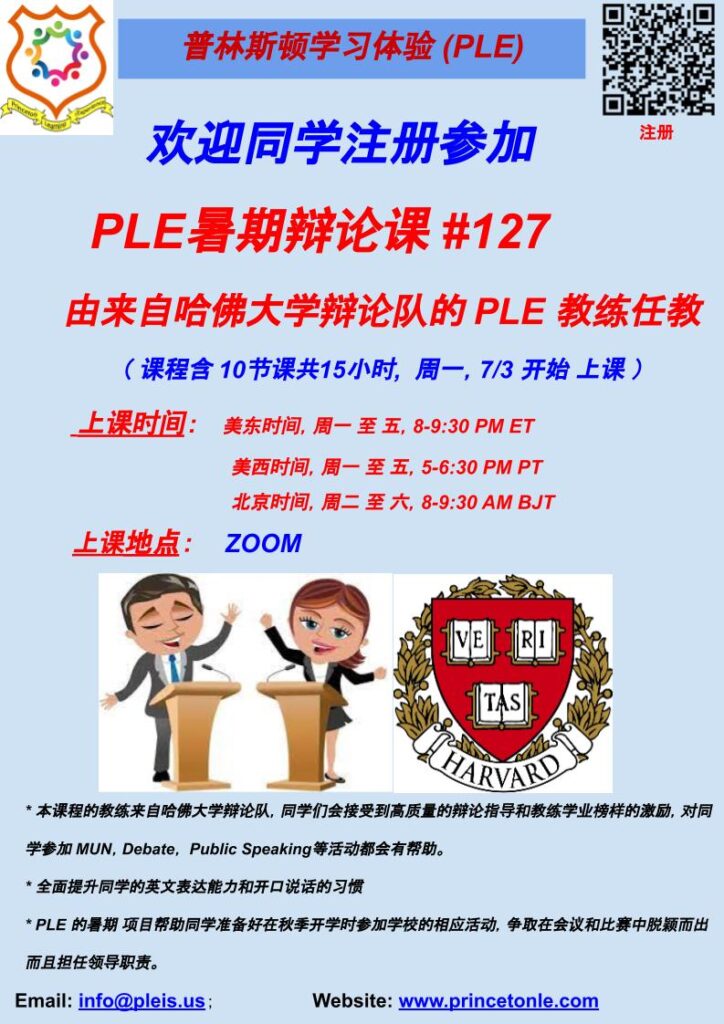
被捕后,只要通过两轮问话及面谈,就能很快获得上移民法庭的机会,如果法官认可申请庇护的理由,便大功告成、得到工作许可,并在一两年之后就能拿到绿卡。这是一个技术性策略。
陈闯创透露,中国人只要在美国境内被捕,基本不用担心遭遣返,因为中国近年日益严酷的统治令申请者很容易找到寻求庇护的理由,而且即使一次申请未通过,也可用「延期递解」的身分一边上诉,一边留在美国合法工作生活,整个申诉过程通常需要很多年。
更重要的是,中国当局不配合美方递解无证移民的态度已延续多年,只要当事人自己不同意,美国就很难将他们送回中国。相反,如果通过口岸合法入境后再自行赴移民局申请政治庇护,则可能会排队数年都等不到上庭的机会。
与登陆后即可快速落地的走线人相比,通过合法渠道申请技术移民的中国人则要忍受长时间的等待和不确定性。历史学博士Tommy认为,两方不平衡的现状几乎回到了1950年代的状态,当时给中国出生者的合法移民配额只有每年105个,但作为面向共产主义受害者的「人道主义」措施,对通过各种不合法手段入境寻求庇护者则几乎照单全收。「我不想说美国的移民政策不合理,但现状实在很诡异。」即将博士毕业的刘女士表示,博士毕业竟还要焦虑能否留在这个国家。

走线成产业链 有华人上路才知是偷渡
世界新闻网
5/07/2023

加州华人律师刘龙珠说,新冠疫情爆发后,中国兴起「润」(RUN)热潮。许多中国人想离开中国,但必须有一共去向,于是他们首选美国。因此,「走线」来美成为一种润的模式。知情者说,现在的走线者与20多年前的偷渡者不同。
过去,偷渡者主要是福建人,从蛇头(安排接洽偷渡者)到蛇脚,都是一个地方的人。 「蛇头帮助蛇脚安排行程,包括在美国的住处和就业,甚至还有请律师申请政治庇护。」而现在的中国走线者来自全国各地,没有蛇头组织,走线者各自为政。 「他们像无头苍蝇一样,到处乱窜,行动比较盲目。」因此,很难预测这些人将来会怎样。
一名要求匿名的家庭旅馆老板说,他目前出租九个舖位,房客主要是走线者。「今年初开始,走线者一下子多起来。」他常常与他们聊天,从中了解一些情况。他说,这些走线者认知比较低,行动也比较盲目。他们从网络上看到一些东西,就感到好奇,也想出来闯一闯。
硅谷 101 -- 有趣的前沿科技深度视频

他接待的第一个走线的中国人是在2022年年初。当时,中国已经部分放开,有人还是能够出境。他遇到的走线者主要来自中国的东北、西北、西南和华南。走线者多来自经济不发达地区,但也有国内的一线城市。「我仅遇到了一名来自深圳的走线者。」
走线人口 多初高中生
这名家庭旅馆老板说,走线者的年龄多在20多岁到40多岁之间,男性为主,女性约占四分之一。走线者的文化水平都不高,多是初高中生和中专生。他认为,走线的主要原因就是他们在国内看不到希望,对中国的未来发展缺乏信心。 「他们也想改变,但是改变不了。」有的人是生意破产了,工作丢了,甚至担心能否保证温饱。
走线者的流动性很强,到处漂移,换工作比较勤。「由于走线成本低,他们总想找到一个钱多、工作轻松的工作。」他们与早年的福建偷渡者不同。当时,福建偷渡者大多数进入中餐馆,为了偿还昂贵的偷渡费,每天在餐馆里苦干。因此,他们把中餐馆开到全美各地,甚至穷乡僻壤。
走线租户与正常租户不同的是。他们既没有美国驾照,也没有中国护照。他听说,走线者在墨西哥的时候,都会把中国护照留在蛇头处,等到他们来到美国有了相对固定的住处后,才给墨西哥的蛇头打电话,请他们寄护照过来。 「但是,大部分护照都被美国海关扣住了。」
硅谷 101 -- 有趣的前沿科技深度视频
他说,走线者来到美国以后,就去当地的中国领事馆申请补发护照。 「中领馆也不知道他们是走线者,也会给他们办理。」
目前,纽约市法拉盛的华人中介很多,有人在马路上派发传单,还有的拿着大喇叭喊,帮助人们办中国护照。「只要出钱,就会有人帮助他们办理。」现在走线已经成为一个产业链,要什么有什么。
抖音视频 成走线教材
这名家庭旅馆业主说,走线者也是受到视频的影响,偷渡美国。2022年,一些走线成功者制作小视频,在抖音和小红书上播放。「这些人把偷渡改成走线,以躲避审查者的审查」,这些视频详细讲解走线的路线及蛇头的联系方式, 「许多人把这些视频视为走线的教材」。
他说,最近那名来自深圳的走线者回国去了。他说,这名深圳的走线者来到美国以后很后悔。他在深圳有几套房产,还有老婆孩子。「他对我说他上了视频的当,以为走线是来美国的正常程序。」他到了墨西哥以后才知道,所谓的走线就是偷渡,但是已经没有退路了,只好走线来到美国,申请政治庇护。
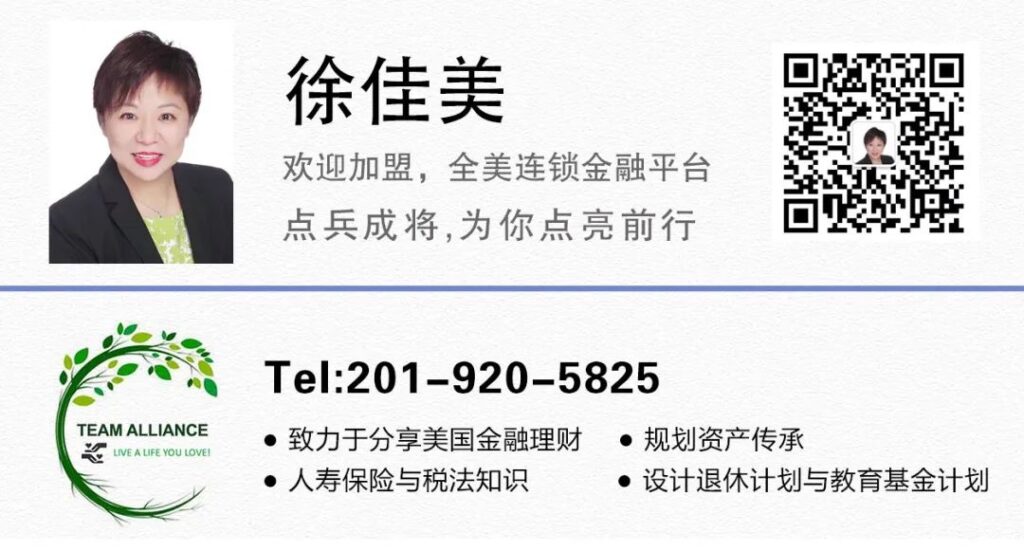
有的走线者告诉他,走线者的目标国家主要是美国和欧洲,也有去东南亚的,但比较少。他们走线的首要条件是,附近必须有对中国人免签或者落地签的国家。这样,他们就可以拿着护照前往这些国家,然后再伺机进入目标国家。 「如果要走线美国,他们必须先到厄瓜多尔。」
他认为,走线是当今时代的产物。中国走线者是否持续增加,要看中国经济的状况。如果经济好转,工作好找,走线者就会减少,否则就会增加。「我认为,国内想管理走线者也比较难。」他举护照例子说,虽然政府不轻易发放护照,但只要花钱就能办到,「已经形成一个产业链」。
走线者告诉他,许多人出不起走线的费用,就通过贷款获得。「国内网上的贷款五花八门,总能贷到。」他说,有的走线者已经到了美国,还能申请到国内的贷款。「他们都不准备回去,能贷到就贷多少,反正不准备还了。」
手机万能 提供全面服务
「法拉盛劳工家庭协会」会长万延海说,现在的走线者与以前的偷渡者情况完全不同。现在,走线者拿着一个手机,通过手机制定自己的来美线路,同时还用手机上谷歌翻译与外国人交流,甚至用手机填写政治庇护表格。「这是手机普及以来的新的现象。」

为何现在走线者这么多?他分析认为,这是因为美国移民局将在今年5月恢复一项政策,即要申请政治庇护只能在国外提出,进入美国以后就不能申请了。有人把消息通过视频播出后,得到消息者赶紧走线,力争在截止日前通过美墨边境进入美国境内。
他说,2022年初,他临时成立了这个协会,当时是为了支持无家可归者。今年初,他将这个临时机构注册成非营利组织。他们主要帮助这些人申请政府福利,如申请免费住房、粮食券、帮助翻译英文信函等。
通过这些社区服务,他接触到许多走线者,了解到由于疫情封控许多人想离开中国。协会从成立到现在,大约二、三十个来到纽约的中国走线者联系了他们。他们声称自己是难民,但他估计,有的走线者是难民,但是有的不是,他们应是为了拿到美国身分才说自己是难民。


世说新闻╱谁在从中作梗?华人移民难上加难
世界新闻网
4/04/2023

2023年想通过工作的方式留在美国,可谓困难重重。(世说新闻团队制作)
2023年想通过工作的方式留在美国,可谓困难重重。除了许多公司为了应对可能的经济不景气,大规模裁员外,H1B工作签证的中签率,也降至近年来新低。有华人连续四年抽签不中,对前路感到迷茫。移民律师指出,印度人利用规则挤占名额,是工作签证越来越难抽的重要原因。
Apr 4, 2023
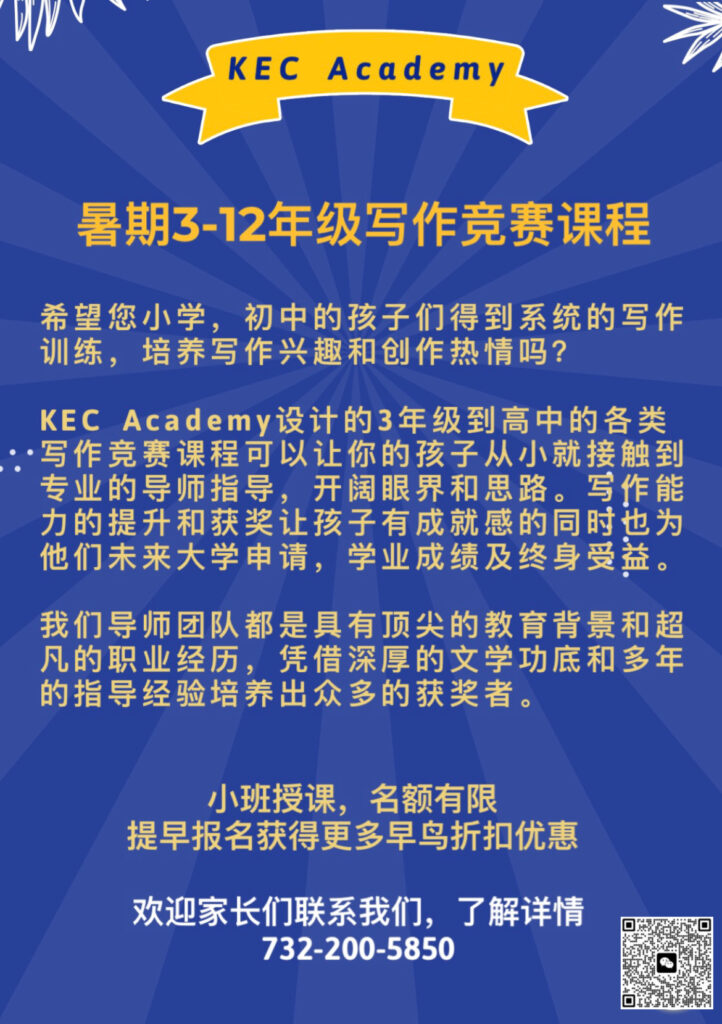
移民局:B1/B2签证可找工作 但上班前须先转换身分
世界新闻网
3/26/2023
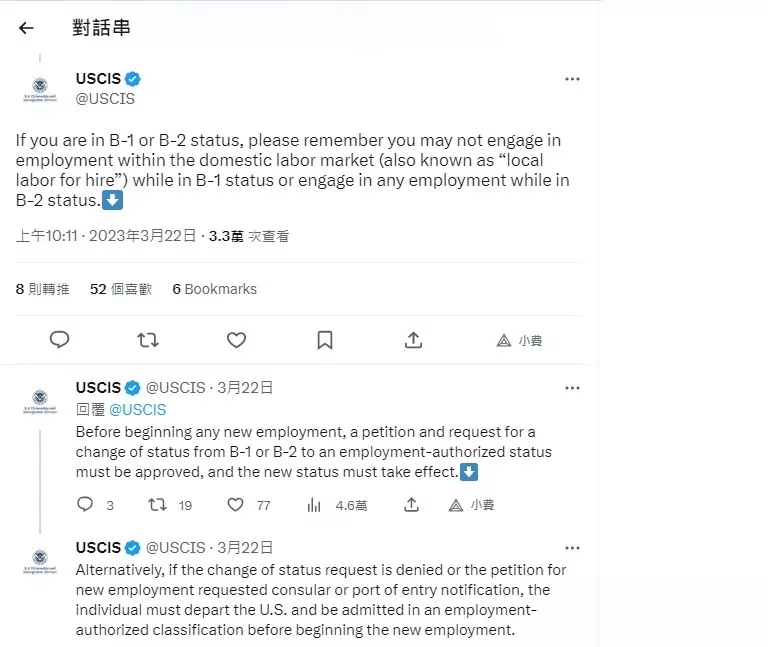
美国公民及移民服务局(U.S. Citizenship and Immigration Services,USCIS)在推特发表声明指出,持观光、商务签证入境美国的外籍人士,如今可以在美国找工作或参加面试。
为了澄清与工作证有关的消息混淆,公民及移民服务局在推文中写道,持B-1、B-2以及B-3签证入境美国的外籍人士,如今可以在美国找工作以及参加面试。
不过,公民及移民服务局在推文中强调,持观光、商务签证入境者找到工作之后,必须在开始上班之前,确认签证类别已经转换完成。
公民及移民服务局推文写道:「许多民众都曾询问,身分为B-1或B-2签证期间能不到寻找新工作。答案是可以的。寻找就业机会以及为了就业参加面试,都是持有B-1或B-2签证时受到准许的活动。」
求职期间 须申请更改身分
B-1或B-2签证持有人在美国找工作期间,必须提出更改非移民身分的申请,并且取得特殊状况工作许可。B-1或B-2签证持有人也可以申请更改雇主。
公民及移民服务局说,即使之前持有的非移民签证遭到取消,在美国停留的时间仍然可以超过60天的宽限期,但如果没有在规定时间内完成身分转换,最后可能必须带着家属一同离境。
然而,申请签证身分更改如果遭到拒绝,申请人就必须离开美国,要先转换到另一种签证,才能开始工作。
公民及移民服务局表示,非移民劳工如果丢掉工作,不管是自愿失业或非自愿失业,在符合条件的情况下,如果按照程序提出申请,可以获准继续留在美国,包括提出更改非移民身分申请,或提出调整移民身分申请及申请特殊状况工作许可。

USCIS Provides Guidance on Program for International Entrepreneurs
Release Date: 03/10/2023
U.S. Citizenship and Immigration Services has issued comprehensive guidance (PDF, 311.98 KB) on parole for international entrepreneurs.
To enhance entrepreneurship, innovation and job creation in the United States, the Department of Homeland Security (DHS) published the International Entrepreneur Rule on Jan. 17, 2017.
This rule provides a framework for DHS to use its parole authority to grant a period of authorized stay, on a case-by-case basis, to noncitizen entrepreneurs who possess a substantial ownership interest in a start-up entity and who can demonstrate that their stay in the United States would provide a significant public benefit through that start-up entity’s potential for rapid business growth and job creation.
After fully implementing the International Entrepreneur Rule in 2021, we have received a growing number of applications and continue to adjudicate them as expeditiously as possible.

We are now publishing guidance in the Policy Manual, which includes information about:
- The criteria for consideration for the applicant, the start-up entity, and the qualified investment or government award or grant;
- Evidence and documentation;
- The discretionary nature of the entrepreneur parole adjudication;
- Conditions on parole and bases for termination;
- The criteria for consideration for an additional parole period; and
- Options available to the entrepreneur’s family to join the entrepreneur as parolees and, if eligible, to obtain employment authorization.
Although an individual who is paroled into the United States has not been admitted into the United States for purposes of immigration law, parolees may enter and remain in the United States and may be authorized to work.
For more information, see Part G (International Entrepreneur Parole) in Volume 3, Humanitarian Protection and Parole, of the USCIS Policy Manual.
Additional information on the international entrepreneur parole process, including the criteria for consideration, related definitions, how to apply, and questions and answers, is available on the International Entrepreneur Parole page.
Last Reviewed/Updated: 03/10/2023

USCIS to Start Collecting Fee for EB-5 Integrity Fund
Release Date: 03/01/2023
Today, the Department of Homeland Security posted a Federal Register notice providing information related to the EB-5 Integrity Fund. We will use the EB-5 Integrity Fund primarily to administer the EB-5 Regional Center Program, as required by the EB-5 Reform and Integrity Act of 2022. Starting March 2, we will collect an annual fee from each designated regional center to finance the EB-5 Integrity Fund.
As required under the new EB-5 law, the fee is $20,000 for regional centers with more than 20 investors and $10,000 for those with 20 or fewer investors. The fee payment for fiscal year (FY) 2023 is due by Apr. 1, 2023, and regional centers must pay the fee online directly at Pay.gov, a system managed by the U.S. Department of the Treasury. Starting in FY 2024 (October 2023), the fee will be due at the start of each fiscal year between Oct. 1 and Oct. 31.
In addition, the filing fee for Form I-526E, Immigrant Petition by Regional Center Investor, increased by $1,000 on Oct. 1, 2022, to incorporate the Integrity Fund fees.
We may use fees collected for the EB-5 Integrity Fund to detect and investigate fraud and other immigration crimes.
硅谷 101 -- 有趣的前沿科技深度视频
We will not impose late fees for payments that were due in FY 2023. We will start imposing a late fee, beginning October 2023, for any payments made more than 30 days later than the due date. We will announce the amount of the late penalty and the process for collecting in a future publication before we collect it or it is due.
Per the new EB-5 law, we must terminate the designation of any regional center that does not pay the fee within 90 days of the due date. Termination will not be automatic, and we will provide a notice of intent to terminate and the opportunity to prove that the fee was paid in the proper amount within 90 days of the due date before sending a notice of termination.
The EB-5 Regional Center Program makes visas available to qualified immigrants (and the eligible spouses and children of such immigrants) who pool their investments with other qualified immigrants in a “regional center” in the United States. We designate regional centers based on a proposal for the promotion of economic growth, including prospective job creation and increased domestic capital investment in their requested geographic region.
The Federal Register notice and the EB-5 Integrity Fund page explain the requirement for the fee and provide the process for how it is to be paid.
Last Reviewed/Updated: 03/01/2023
第一次买房者可申请到 $12500-$15000 的买房补助,并且首付可放到低至3%.
两个不同的补助项目:
1. 一个是高达 $15000 补助,目前对马里兰州的所有County和滨州的York County开放.
2. 另一个是 $5000 补助,对全美50个州开放.
USCIS Issues Clarifying Guidance for Individuals Authorized to Work Under Special Student Relief Provisions
Release Date: 02/22/2023
U.S. Citizenship and Immigration Services is issuing policy guidance in the USCIS Policy Manual to clarify the validity period of employment authorization for F-1 nonimmigrant students experiencing severe economic hardship due to emergent circumstances (also known as special student relief (SSR)) who are work authorized under the SSR provisions of 8 CFR.
The update clarifies that in cases of severe economic hardship due to emergent circumstances, we may grant off-campus SSR employment authorization to an F-1 nonimmigrant student for the duration of the Federal Register notice validity period. This employment authorization may not extend past the student’s academic program end date. This update notes that we may issue employment authorization documents for the duration of the Federal Register notice, which is typically an 18-month validity period, as permitted by the relevant SSR Federal Register notice.
Emergent circumstances are events that affect F-1 nonimmigrant students from a particular region and create severe economic hardship. These events may include, but are not limited to, natural disasters, financial crises, and military conflicts.
This policy update will be effective when published and will apply to all pending and future applications for SSR employment authorization.
For more information, see the policy update (PDF, 313.07 KB).
Last Reviewed/Updated: 02/22/2023
北美房屋检查 | 华府房屋检查 MD/VA 电话: (240)784-6645
FY 2024 H-1B Cap Initial Registration Period Opens on March 1
Release Date: 01/27/2023
Today, U.S. Citizenship and Immigration Services announced that the initial registration period for the fiscal year 2024 H-1B cap will open at noon Eastern on March 1 and run through noon Eastern on March 17, 2023. During this period, prospective petitioners and representatives will be able to complete and submit their registrations using our online H-1B registration system.
We will assign a confirmation number to each registration submitted for the FY 2024 H-1B cap. This number is used solely to track registrations; you cannot use this number to track your case status in Case Status Online.
Prospective H-1B cap-subject petitioners or their representatives are required to use a myUSCIS online account to register each beneficiary electronically for the selection process and pay the associated $10 H-1B registration fee for each registration submitted on behalf of each beneficiary. Prospective petitioners submitting their own registrations (U.S. employers and U.S. agents, collectively known as “registrants”) will use a “registrant” account. Registrants will be able to create new accounts beginning at noon Eastern on Feb. 21.
Representatives may add clients to their accounts at any time, but both representatives and registrants must wait until March 1 to enter beneficiary information and submit the registration with the $10 fee. Prospective petitioners or their representatives will be able to submit registrations for multiple beneficiaries in a single online session. Through the account, they will be able to prepare, edit, and store draft registrations prior to final payment and submission of each registration.
If we receive enough registrations by March 17, we will randomly select registrations and send selection notifications via users’ myUSCIS online accounts. If we do not receive enough registrations, all registrations that were properly submitted in the initial registration period will be selected. We intend to notify account holders by March 31.
The U.S. Department of Treasury has approved a temporary increase in the daily credit card transaction limit from $24,999.99 to $39,999.99 per day for the FY 2024 H-1B cap season. This temporary increase is in response to the volume of previous H-1B registrations that exceeded the daily credit card limit. Additional information will be provided before the start of the initial H-1B registration period.
An H-1B cap-subject petition, including a petition for a beneficiary who is eligible for the advanced degree exemption, may only be filed by a petitioner whose registration for the beneficiary named in the H-1B petition was selected in the H-1B registration process.
Last Reviewed/Updated: 01/27/2023
USCIS
Recommendations for Paper Filings to Avoid Scanning Delays
Release Date: 12/19/2022
U.S. Citizenship and Immigration Services (USCIS) is providing information for nonimmigrant workers whose employment has terminated, either voluntarily or involuntarily. These workers may have several options for remaining in the United States in a period of authorized stay based on existing rules and regulations.
Below is a compilation of options that may be available to nonimmigrant workers seeking to remain in the United States in a period of authorized stay following termination. Please note that not all options below provide employment authorization.
60-Day Grace Period
Regulations permit a discretionary grace period that allows workers in E-1, E-2, E-3, H-1B,
H-1B1, L-1, O-1, or TN classifications (and their dependents) to be considered as having maintained status following the cessation of employment for up to 60 consecutive calendar days or until the end of the authorized validity period, whichever is shorter (See 8 CFR 214.1(l)(2)).
During this period, workers may be able to maintain their nonimmigrant status if a new employer timely files a petition on their behalf with an extension of stay request (e.g., an H-1B change of employer petition for a worker in H-1B status).
Alternatively, workers may be able to remain in the United States in a period of authorized stay if they timely file an application to change to a new nonimmigrant status (such as B-2 visitor nonimmigrant status) or an application for adjustment of status, if eligible (see below for a detailed overview of options).
Workers who are unable to timely file a change of status application, or find a new employer who timely files a change of employer petition for the worker, may be required to depart the United States at the end of this grace period.

Portability to a New Employer
Portability rules permit workers currently in H-1B status to begin working for a new employer as soon as the employer properly files a new H-1B petition with USCIS, without waiting for the petition to be approved. More information about H-1B portability can be found on our H-1B Specialty Occupations page.
Also, a worker with an adjustment of status application (Form I-485) that has been pending for at least 180 days with an underlying valid immigrant visa petition (Form I-140) has the ability to transfer the underlying immigrant visa petition to a new offer of employment in the same or similar occupational classification with the same or a new employer. This is commonly referred to as “porting.” More information about porting can be found in the USCIS Policy Manual.
Change of Status
Workers may use the up to 60-day discretionary grace period to apply to change their nonimmigrant status, which may include changing status to become the dependent of a spouse (e.g., H-4, L-2). Some individuals in a dependent nonimmigrant status may be eligible for employment authorization incident to status, including spouses of E-1, E-2, E-3, or L-1 nonimmigrants (See USCIS Policy Manual). In addition, some spouses of H-1B workers may be eligible for work employment authorization if certain requirements are met.
Other possible nonimmigrant options include student status (F-1) or visitor status (B-1 or B-2). Note that, by statute, B-1 and B-2 nonimmigrant visitors are specifically precluded from “performing skilled or unskilled labor” in the United States. Certain F-1 students, by regulation, may engage in limited employment. For more information, please see our Change My Nonimmigrant Status page.
Potential pathways for noncitizen STEM professionals can be found on our Options for Noncitizen STEM Professionals to Work in the United States page.

Note: The timely filing of a non-frivolous application to change status will toll, or stop, the accrual of unlawful presence until the application is adjudicated. For example, if an individual files a non-frivolous application to change status before the end of the applicant’s 60-day grace period, they will not accrue unlawful presence while the application remains pending even after the 60-day grace period has elapsed. If the application is ultimately approved, then the individual’s status is changed and is considered to have been in a period of authorized presence the entire time the application was pending. If the application is denied, then the individual starts to accrue unlawful presence the day after the denial decision. Please see our Unlawful Presence and Inadmissibility page for more information.
Change of Status and Employer
Workers may use the up to 60-day discretionary grace period to seek a new employer-sponsored nonimmigrant status in the same or different status. For example, depending on the specific facts presented, an L-1 worker may be eligible for new employment under the TN, E-3, or H-1B1 classifications. The timely filing of a non-frivolous change of status application will prevent the accrual of unlawful presence until the application is adjudicated (see above). Such a filing alone will not, however, confer employment authorization in the new position during the pendency of the application, and will not extend employment authorization if the original classification is no longer valid. Some petitions may be eligible for premium processing for an additional fee.
Adjustment of Status
Some workers may be eligible to file a self-petitioned immigrant visa petition concurrently with an adjustment of status application. Examples of immigrant classifications that are eligible for self-petitioning include EB-1 Extraordinary Ability, EB-2 National Interest Waiver, or EB-5 Immigrant Investors. Workers with a pending adjustment application are generally eligible to remain in the United States and obtain an Employment Authorization Document (EAD).
Period of Authorized Stay - Compelling Circumstances Employment Authorization Document
Workers who are the beneficiary of an approved employment-based immigrant visa petition (Form I-140) may be eligible for a compelling circumstances EAD for up to one year if they:
- do not have an immigrant visa available to them in the Department of State’s Visa Bulletin, and
- face compelling circumstances.
Note: A compelling circumstances EAD is a discretionary stopgap measure intended to assist certain individuals on the path to lawful permanent residence by preventing the need to abruptly leave the United States. Workers who begin working on a compelling circumstances EAD will no longer be maintaining nonimmigrant status but generally will be considered to be in a period of authorized stay and will not accrue unlawful presence in the United States while the EAD is valid. More information about eligibility requirements and the application process can be found on our Employment Authorization in Compelling Circumstances page.
Expedite Criteria
Some circumstances may warrant expedited adjudication, including applications to change status to a dependent status that includes eligibility for employment authorization. For example, an application to change status from H-1B to L-2 may be eligible for expedited adjudication to prevent severe financial loss. See the How to Make an Expedite Request page for additional information.
Departure from the United States
Workers may choose to depart the United States. For H-1B and O workers who chose to depart the United States after involuntary cessation of employment, the reasonable costs of transportation to the worker’s last place of foreign residence must be borne by the H-1B employer or by the O employer and O petitioner, as applicable (See 8 CFR 214.2(h)(4)(iii)(E) and 8 CFR 214.2(o)(16)).
Once abroad, H-1B holders may seek U.S. employment and readmission to the United States for any remaining period of their H-1B status. Those seeking another classification for which they may be eligible can complete the application or petition process abroad and seek readmission to the United States.
The above information is now available on our new Options for Nonimmigrant Workers Following Termination of Employment page.
Last Reviewed/Updated: 12/19/2022
USCIS Extends Green Card Validity Extension to 24 Months for Green Card Renewals
Release Date: 09/28/2022
Effective Sept. 26, U.S. Citizenship and Immigration Services (USCIS) is automatically extending the validity of Permanent Resident Cards (also known as Green Cards) to 24 months for lawful permanent residents who file Form I-90, Application to Replace Permanent Resident Card.
Lawful permanent residents who properly file Form I-90 to renew an expiring or expired Green Card may receive this extension. Form I-90 receipt notices had previously provided a 12-month extension of the validity of a Green Card.
USCIS has updated the language on Form I-90 receipt notices to extend the validity of a Green Card for 24 months for individuals with a newly filed Form I-90. On Sept. 26, USCIS began printing amended receipt notices for individuals with a pending Form I-90.
These receipt notices can be presented with an expired Green Card as evidence of continued status. This extension is expected to help applicants who experience longer processing times, because they will receive proof of lawful permanent resident status as they await their renewed Green Card.
If you no longer have your Green Card and you need evidence of your lawful permanent resident status while waiting to receive your replacement Green Card, you may request an appointment at a USCIS Field Office by contacting the USCIS Contact Center, and we may issue you an Alien Documentation, Identification, and Telecommunications (ADIT) stamp after you file Form I-90.
For more information, visit our Replace Your Green Card page.
If your mailing address changes while your case is pending, please update it through your USCIS Online Account, if you have one.
Last Reviewed/Updated: 09/28/2022
硅谷 101 -- 有趣的前沿科技深度视频
USCIS to Implement Next Phase of Premium Processing for Certain Previously Filed EB-1 and EB-2 Form I-140 Petitions
Release Date: 09/15/2022
U.S. Citizenship and Immigration Services is implementing the next phase of the premium processing expansion for certain petitioners who have a pending Form I-140, Immigrant Petition for Alien Workers, under the EB-1 and EB-2 classifications.
Similar to the first phase and second phase of the expansion, this phase only applies to certain previously filed Form I-140 petitions under an E13 multinational executive and manager classification or E21 classification as a member of professions with advanced degrees or exceptional ability seeking a national interest waiver (NIW).
Petitioners who wish to request a premium processing upgrade must file Form I-907, Request for Premium Processing Service.
Beginning Sept. 15, 2022, we will accept Form I-907 requests for:
- E13 multinational executive and manager petitions received on or before Jan. 1, 2022; and
- E21 NIW petitions received on or before Feb. 1, 2022.

We will reject premium processing requests for these Form I-140 classifications if the receipt date is after these dates. We have 45 days to take an adjudicative action on cases that request premium processing for these newly included Form I-140 classifications. We will not accept new (initial) Forms I-140 with a premium processing request at this time.
On May 24, 2022, we published a new version of Form I-907 (PDF, 378.35 KB), dated 05/31/22. As of July 1, we no longer accept the older 09/30/20 edition of form I-907.
As previously announced, we are expanding premium processing to additional form types as part of our efforts to increase efficiency and reduce burdens to the overall legal immigration system. As we implement the expansion of premium processing in a phased approach, we will continue working toward premium processing availability of additional Form I-140 petitions, Form I-539, Application to Extend/Change Nonimmigrant Status, and Form I-765, Application for Employment Authorization. We will also adhere to the legislative requirement that the expansion of premium processing must not cause an increase in processing times for regular immigration benefit requests.
Last Reviewed/Updated: 09/15/2022
硅谷 101 -- 有趣的前沿科技深度视频
New STEM Resources Available on USCIS Website
Release Date: 07/28/2022
U.S. Citizenship and Immigration Services has published additional online resources on uscis.gov to provide an overview of some of the temporary and permanent pathways for noncitizens to work in the United States in the fields of science, technology, engineering, and math (STEM). This guide also highlights some of the most important considerations for STEM professionals who want to work in the United States.
New pages:
- Options for Noncitizen STEM Professionals to Work in the United States;
- Nonimmigrant Pathways for STEM Employment in the United States; and
- Immigrant Pathways for STEM Employment in the United States.
The United States has long been a destination for top talent from all over the world. Our ability to attract global talent—especially in the fields STEM—has spurred path-breaking innovation, leading to the creation of jobs, new industries, and new opportunities for all Americans.
Last Reviewed/Updated: 07/28/2022
硅谷 101 -- 有趣的前沿科技深度视频
USCIS Updates Guidance for O-1 Petitions with a Focus on STEM Fields
Release Date: 07/22/2022
U.S. Citizenship and Immigration Services today updated its Policy Manual to provide further guidance on evidence that can be used to support a petition for an O-1A nonimmigrant of extraordinary ability with a focus on science, technology, engineering, and mathematics (STEM) fields.
USCIS clarified that being named on a competitive government grant for STEM research can be a positive factor toward demonstrating that a beneficiary is at the top of their field. This evidence is added to the listed examples of evidence that may be submitted to show that an applicant has extraordinary ability in the STEM fields. The full list is available in the USCIS Policy Manual.
O-1 nonimmigrant status is available to people with extraordinary ability in the sciences, arts, business, education, and athletics, and those with a record of extraordinary achievement in the motion picture or television industry.
Last Reviewed/Updated: 07/22/2022

